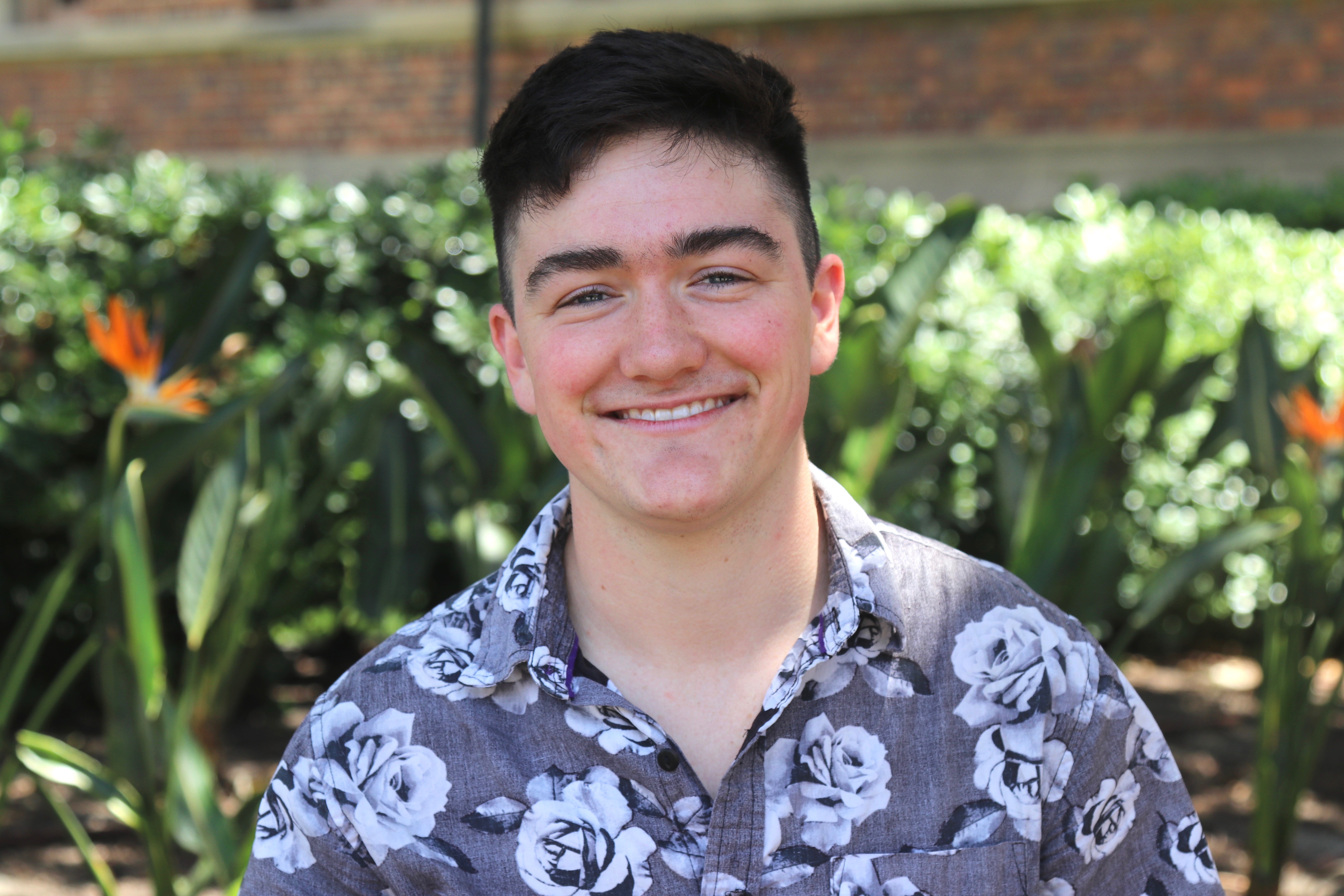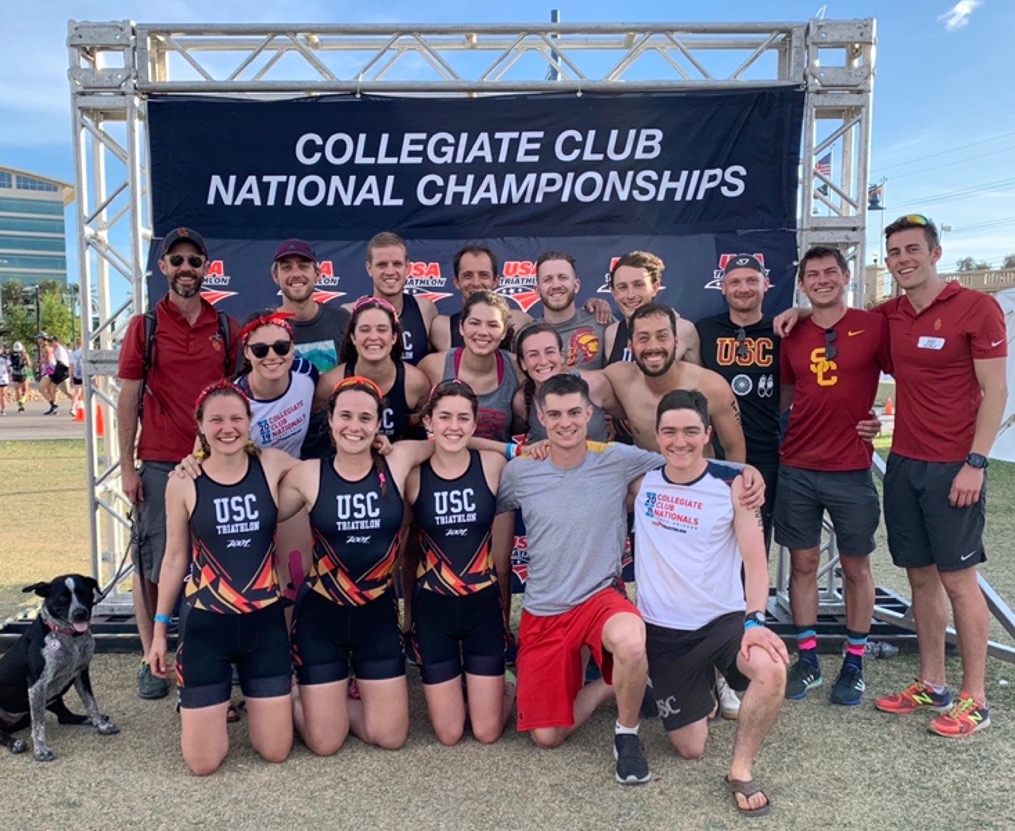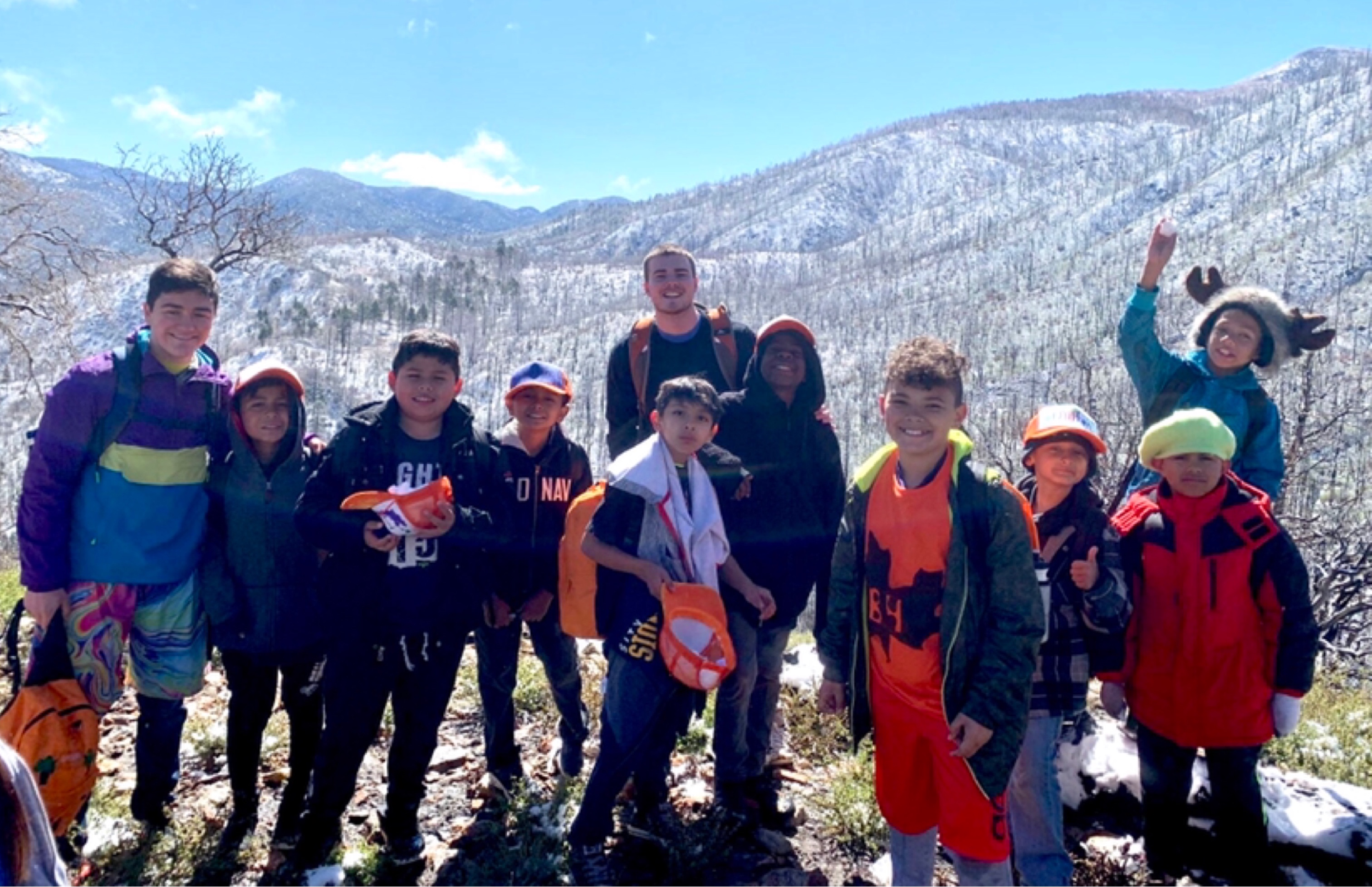I’m a third year Ph.D. student in Computer Science (CS) at the University of Wisconsin-Madison, where I have a research assistantship with the Lang lab, studying the epigenetics of ovarian cancer. Epigenetics focuses on mechanisms controlling gene expression rather than the genetic code itself. I am working on a project integrating several epigenetic datasets of different types, with the goal of better understanding epigenetic factors in the development of medication resistance in ovarian cancer cell lines.

More broadly, I’m interested in computational approaches to understanding biological datasets, particularly those with applications in medicine. I have had an interest in working in or alongside healthcare since I began my undergraduate program as a biomedical engineer. Recently, I have been re-exploring that interest through Madison Emergency Physicians, where I am employed part time as a medical scribe, shadowing the emergency department physicians and assisting with their documentation. In some ways, having majored in computer science may seem like an excursion from this interest. However, CS offers an extremely useful frame of reference with which to approach biological and medical research questions. Computational approaches allow us to make meaning out of datasets that would otherwise be indecipherable due to their size and high dimensionality. I want to be a part of the interdisciplinary development of computational approaches to biological questions for two reasons: (1) I find the statistical and computational backdrop to these approaches fascinating (I spent the first year of my grad school coursework focusing on computational theory), and (2) there are a wide variety of biological areas to which I will be able to bring computational expertise (I like the idea that throughout my career I will always have the opportunity to work on something new and expand my knowledge to related fields of study).
I completed my undergraduate degree at the University of Southern California in May 2020, where I majored in computer science and minored in English, focusing on creative writing. It seems like an odd combination at first glance. However, my English classes have greatly contributed to my ability to communicate technical concepts, both verbally and through writing. During the academic year, I worked as an undergraduate teaching assistant for several introductory CS courses. I love teaching and sharing my enthusiasm for CS, and I especially enjoy the puzzle of finding the best way to communicate an abstract concept for a particular student. During my first year of graduate school, I was a teaching assistant for UW-Madison’s undergraduate algorithms course.
Outside of academics, I enjoy staying active. In undergrad, I played on USC’s club ultimate frisbee team, and I raced with the triathlon team. I also love hiking and backpacking and was a guide for USC’s outdoor club. Now that I’ve moved to the midwest, I joined a queer hockey league and have been having a blast learning to play hockey. I’ve particularly enjoyed playing in several of the Team Trans tournaments hosted in Madison, where we’ve formed teams of entirely transgender hockey players from around the country.


I was also a part of Troy Camp in undergrad. One of the things I had trouble with in college was exclusively being around people my own age. I participated in a variety of K-12 tutoring and mentoring programs, and finally found my home in Troy Camp my junior year. We provide after school tutoring and mentoring programs for 3rd-12th graders. I was involved with the high school program as well as several of the elementary school programs (my favorite being an after-school dance class, where the kids had a blast making fun of my dancing skills…) For me, the most memorable part of Troy Camp was the part it’s named after, a week-long sleepaway camp. The summer after my junior year I was a cabin counselor and spent the week with a group of ten wild and wonderful 4th grade boys, who I got to continue hanging out with during our activities throughout the following school year.
I’m excited to see where I end up after graduate school. My career path is flexible, but I hope to find something that keeps me learning, mentoring, and engaging with my community.